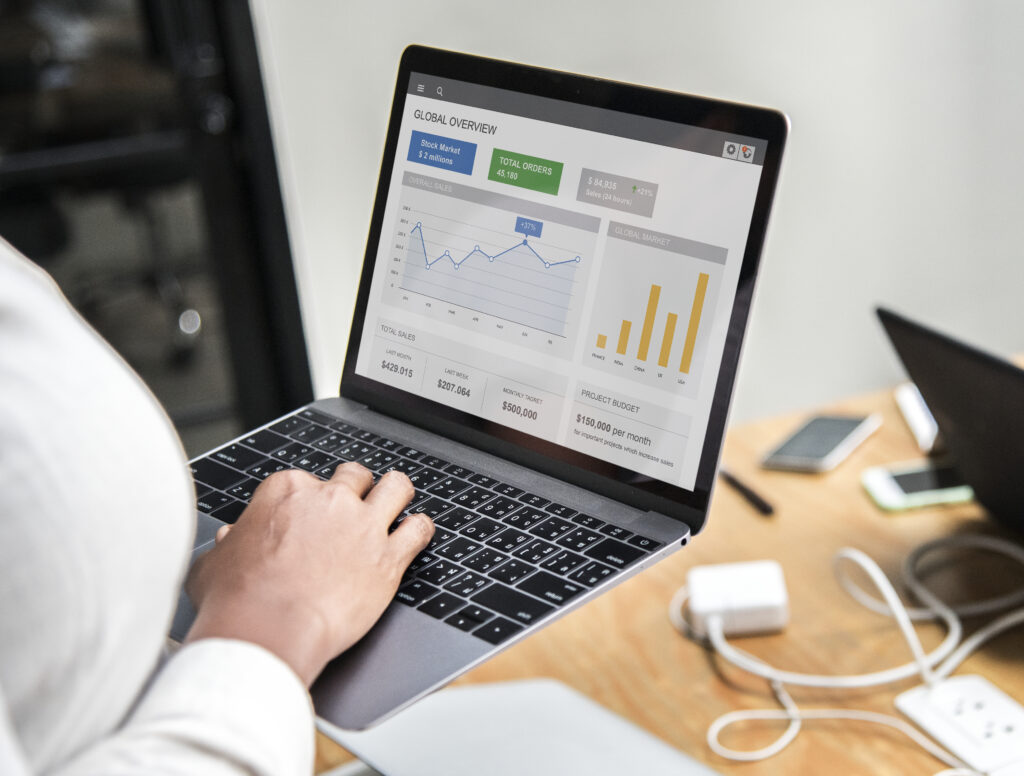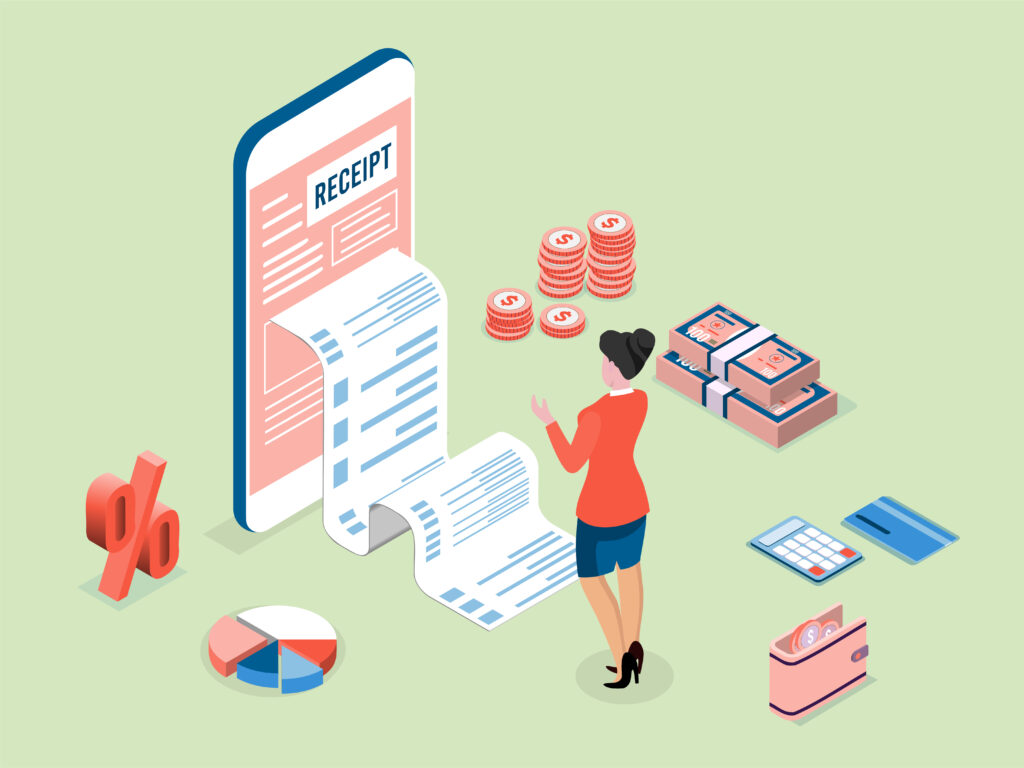AI in Accounting: Automate Bookkeeping & Financial Analysis

In today’s fast-paced business environment, manual accounting processes are becoming a thing of the past. Thanks to AI in accounting, tasks like bookkeeping and financial analysis are now faster, smarter, and more accurate than ever.
Whether you’re a small business owner, a CFO, or a freelance accountant, adopting AI tools can save you time, reduce human error, and give you insights that were once out of reach. Let’s explore how AI is changing the accounting game.
📊 What Is AI in Accounting?
AI in accounting refers to the use of artificial intelligence and machine learning to automate financial tasks like data entry, reconciliation, forecasting, and reporting. These smart systems learn from historical data to continuously improve over time.
Popular applications include:
- Automated bookkeeping and data categorization
- Invoice scanning and expense tracking
- Predictive financial forecasting
- Fraud detection and compliance alerts
With AI, accountants can shift from number crunchers to strategic advisors.
🧾 Automating Bookkeeping with AI
Bookkeeping can be repetitive and time-consuming—but it’s also critical. AI streamlines the entire process by:
- Extracting data from receipts, invoices, and bank statements
- Automatically categorizing transactions using smart rules
- Reconciling accounts in real time with minimal manual input
Tools like Xero, QuickBooks, and Zoho Books already integrate AI to enhance user workflows. This saves hours each month and drastically reduces data entry errors.
📈 Smarter Financial Analysis
Beyond bookkeeping, AI helps with real-time financial analysis. It does this by:
- Identifying trends in spending, income, and budgeting
- Forecasting future cash flow based on historical data
- Providing insights for better business decisions
Example: An AI system can alert you if your monthly burn rate increases unexpectedly or if a customer’s payment pattern suggests a future delay. That kind of proactive intelligence is a game-changer.
🔐 Enhancing Accuracy and Compliance

AI minimizes human error and strengthens compliance by:
- Flagging anomalies that might indicate fraud
- Ensuring regulatory alignment with automated checks
- Generating audit trails for easy reporting
This level of precision gives stakeholders confidence in financial data and reduces risk during tax season or audits.
💡 Real Benefits for Businesses
Implementing AI in accounting delivers tangible results:
- 📉 Up to 80% reduction in time spent on routine bookkeeping
- 🔍 Higher data accuracy through real-time validation
- 📊 Better financial forecasting for strategic planning
- 💼 More time for accountants to focus on advisory roles
According to Deloitte, 58% of businesses using AI in finance reported improved decision-making and performance.
🚀 Getting Started with AI in Accounting
If you’re ready to explore AI for your accounting processes, here are a few steps to start:
- Audit your current tools – Are they AI-ready or can they integrate with smarter systems?
- Choose an AI-powered platform – Consider features like automation, forecasting, and scalability.
- Train your team – AI works best when users know how to leverage it.
- Start with one process – Automate a task like expense categorization, then scale from there.
🧠 Final Thoughts
AI is no longer the future of accounting—it’s the present. With automation, real-time insights, and powerful predictive capabilities, AI in accounting helps businesses of all sizes make smarter, faster, and more confident financial decisions.
Ready to automate your accounting workflows? The time to start is now.
👉 Have questions or want recommendations for AI tools? Drop a comment below or get in touch with our team.
